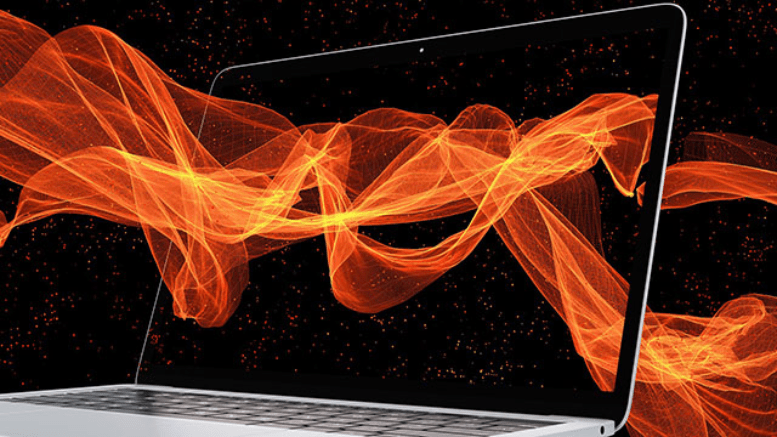Quantum computers are capable of solving large, complex problems beyond the capacity of today’s most powerful supercomputers, and new research tools are needed to advance the field.
As such, Professor Jens Koch, of the Department of Physics and Astronomy, developed and tested a theoretical tool for analyzing large superconducting circuits. These circuits use superconducting quantum bits, or qubits, the smallest units of a quantum computer, to store information.
Few tools are currently capable of modeling large circuits, which makes Koch’s contribution significant for the quantum research community. Koch’s tool is a means for quantifying the behavior of these large circuits, and it works well when other tools may give suboptimal results.
Koch is a member of the Superconducting Quantum Materials and Systems Center (SQMS) and the Co-design Center for Quantum Advantage (C2QA), which are both national centers established by the U.S. Department of Energy (DOE).
“We are excited to contribute to the missions pursued by these two DOE centers and to add to Northwestern’s visibility in the field of quantum information science,” Koch said.
The researchers specifically studied protected qubits, which are protected from detrimental noise by design and could yield coherence times (how long quantum information is retained) that are much longer than current state-of-the-art qubits.
Read more about the study in Northwestern Now. Read the full study here.

